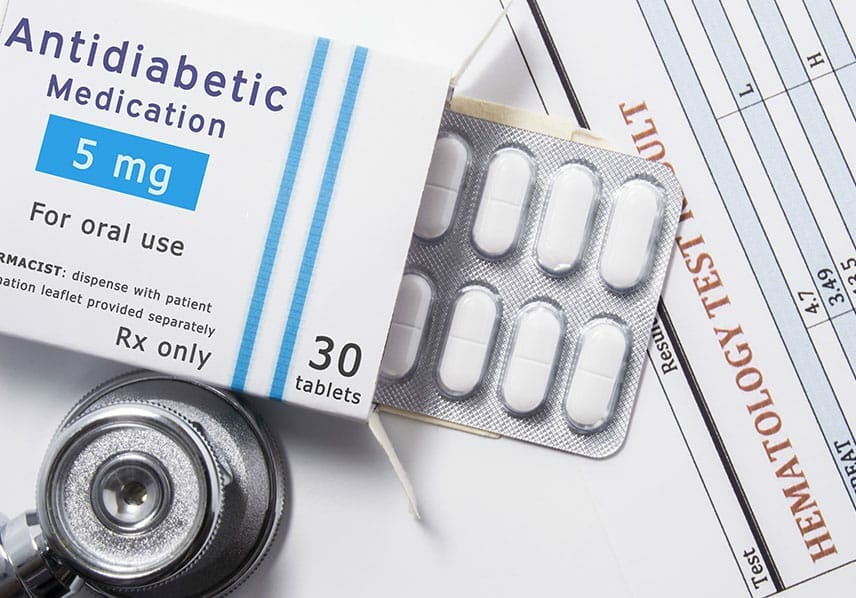Blog
Why your licensor partner should be using an Online Brand Protection solution
- Brand Protection

Whilst both licensors and licensees benefit from the sale of licensed goods, the latter are currently bearing the brunt of online counterfeiting and are calling for greater collaboration.
Licensed goods are a lucrative pursuit for counterfeiting operations due to the increased level of demand, particularly during high profile events. The 2019 Women’s Football World Cup was targeted by fast-moving counterfeiting operations, with fake merchandise for the USA widely available on Amazon during the tournament[1].
Licensees are requesting increased collaboration with their licensor partner, as online infringers are damaging their own brands and associated IP. Some choose not to partner with licensors that aren’t actively engaged in a brand protection strategy altogether. Greater collaboration is needed if the problem is to be tackled effectively and at scale.
Why licensors should be using an Online Brand Protection solution
Large counterfeiting networks produce fake licensed goods in high volumes, safe in the knowledge that they are unlikely to experience reprisal from licensor brand owners; licensors often will not enforce on licensed goods. This is the case for many of the world’s largest licensors who will only put in place online brand protection strategies that cover their largest licensees – and even these are often limited in scope.
The scale of the issue can be seen with this year’s Women’s Football World Cup; consumers were exposed to counterfeit jerseys on Amazon on the day after the final, with infringers using sponsored listings to place above genuine products[1].
If you are investing time and resources into obtaining a license, you should have the guarantee from the licensor that your products will be safeguarded from bad actors online. Not only does counterfeiting damage a licensor’s brand and reputation (particularly if a poor-quality counterfeit ends up reaching consumers), but also the established brands owned by the licensees whose goodwill is relied upon to attract new business.
Challenge your licensor partner to do more
Licensees have strong brands of their own to protect. Companies such as Hasbro and Hot Toys feature their respective logos prominently on their licensed products and lean on their brands heavily on ecommerce sites.
It is costly to obtain a license and represents a significant investment. If this is immediately undercut by counterfeiters who haven’t paid to use a brand’s rights, licensees face their efforts being put to waste. That’s why, during negotiations with licensors, licensees should ask two key questions to establish whether they want to do business with the brand:
- Do they have an online brand protection solution in place? (If yes, what is their strategy? Is it long term?)
- Are they open to the idea of close collaboration involving data sharing and granting you the ability to enforce certain rights owned by the licensor?
If the answer to either of these questions is no, or if the licensor is unwilling to disclose their strategy, it may be worth re-evaluating whether you want to be partnered with a brand that won’t aid you in protecting your investment. To date, there are a number of licensees that will refuse to engage with a licensor without an online brand protection strategy in place.
Some licensors are resistant to proactively enforcing on counterfeits of licensed goods, as they believe the visibility of fakes drives wider brand awareness. Licensees should argue that this is a short-sighted view of the problem which will limit the price licensors can levy on their license.
It is important to stress to your licensor partner that it is in the interest of both parties to facilitate the enforcement on licensed goods. Through comprehensive online brand protection large-scale counterfeiters can be taken down, protecting both licensee and licensor brand equity. Licensors will be able to increase the value of the IP they are licensing and generate increased business from new partners.
Collaboration between licensors and licensees is key
Once trust is developed, data should be shared between the two parties to allow their legal or brand protection teams to gain a holistic overview of the online threats to their brands. Only with a complete view of the online landscape, can licensees and licensors meaningfully reduce infringement.
The ability for a licensee to enforce on certain IP owned by a licensor is also hugely beneficial. By passing the responsibility to enforce on licensed goods from an already overstretched legal team at a licensor to a brand protection team at the licensee, enforcement efforts can be highly targeted and effective.
Proactive enforcement, enabled by this sharing of data and enforcement responsibility, will allow the licensee to take down large-scale counterfeiting operations, regardless of whether they try to avoid detection and enforcement by only using a licensor’s trademarks.
Protect your investment with Online Brand Protection
At Corsearch, we work with our clients to create effective Online Brand Protection strategies, leveraging our expertise in intellectual property, criminal intelligence and technical design to reduce online infringement and increase our customers’ online sales. If you believe the IP on your licensed goods is being infringed and are interested to see the scale of the online threats facing your brands, you can request a free Brand Health Check below.
Our obligation-free Brand Health Check provides a high-level overview of the online threats to your brand, highlighting how you can eliminate these threats and capture the value you are missing.
References:
[1] The World Cup was a prime target for Amazon counterfeiters (Wired, 2019): https://www.wired.com/story/world-cup-amazon-fake-us-womens-jerseys/



